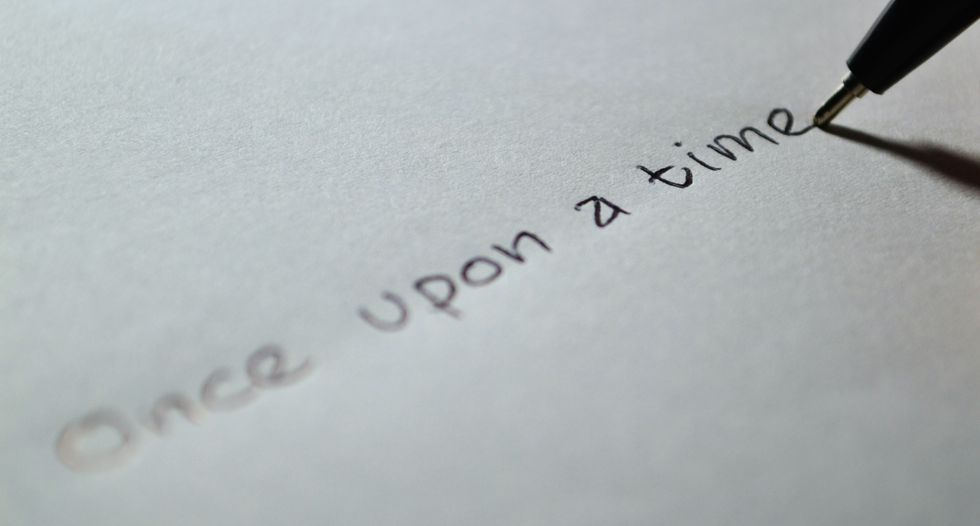“Mirror, mirror on the wall; which is the best of them all?”
The magic mirror presents a picture, a picture from June 27, somewhere in the 1940s. The entire village gathers in a small place, not a single person missing. Shirley Jackson narrates The Lottery in the best way possible. She presents the perfect picture of a society, of humanity, all with the exact amount of suspense. No wonder the mirror took me back to this story.
Just when I am about to move away, the mirror starts, “You think this is the end? But wait, I have more.” I wait for the mirror to change the timeline, but it stays in the same decade. The setting does change. I see the shadow of an “elephant” under a quilt. Ismat Chughtai’s masterpiece, Lihaaf (The Quilt), is one of the boldest stories I’ve ever come across, considering the time and region where it was written. The original Urdu version is indeed quite amazing, I hope the English translation holds the same effect.
Now I stand and wait for more. I know that the mirror is not done. The eyeless mirror gives me a stare as if it doesn’t want to share this treasure. Then I see a necklace, a cheap, ordinary necklace. I am confused, but then slowly, Guy de Maupassant’s words adorn The Necklace, making it the rarest and most expensive piece of jewelry ever written about. The way in which he toys with the emotions of readers is indeed something unique. The necklace vanishes but Maupassant’s words hang in the air for a little longer. Now he’s talking about Madame Bonderoi. “Yes, Madame Bonderoi.” “Impossible,” reply aloud. Then comes The Substitute, another short story where you’ll be confused whether to laugh or cry at the end.
“Is that it?” I ask the mirror, keeping my fingers crossed, hoping there’s a lot more to witness. That is when the mirror does not say a word, does not give me an expression, instead paints the picture of A Hunger Artistfor me. I look at it and I’m forced to go quiet as well, unsure whether this silence is in Kafka’s respect or the brutal truths he’s shoved in my face. Franz Kafka! You are, no doubt, a genius when it comes to storytelling.
“Ready for the big show?” The mirror says.
“There’s still something left?”
“Oh! The show has just begun.”
Then comes the flood of the best of the best. I see the words of Chekhov swirling over the surface of the mirror. Sleepywill actually make you feel sleepy.Fat and Thinwill give you the lesson of your life in less than a thousand words. Miseryhas the power to make you feel miserable with yourself. And Ward No. 6 that is indeed something special. Chekhov, to be fair, has changed the way stories are told, and no one can reach his levels of simplicity and complexity at the same time.
I think the mirror is done, but I hope it names one more, the one I’m waiting for. So I linger and the mirror smiles, the smile you give when you’re hiding a child’s favorite candy, only to give it to him at the end. There is the face of Saadat Hassan Manto in the mirror, holding a pencil in his hand, smoking cigarettes one after the other, filling up pages with so much honesty that mankind can never bear. The picture of humanity presented in Manto’s Thanda Gosht and Khol Docould not have been more honest and brutal at the same time. Toba Tek Singh is another narration that has the potential to make readers cry.
Manto will make you laugh at yourself, like George Orwell. His words will force you to question your perceptions. His characters are the closest ones to reality. Sadly, though, most of his works have not been translated into English. The stories are worth reading.
With this, I take a step back, and ask again, “Mirror, mirror on the wall; which is the best of them all?” The mirror goes silent. Its magic powers are lost. The mirror has no answer.








































